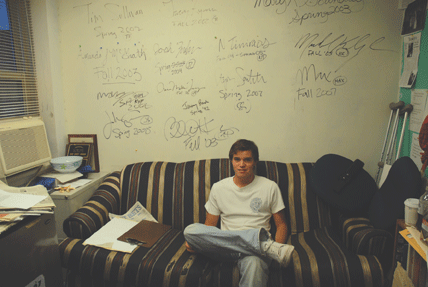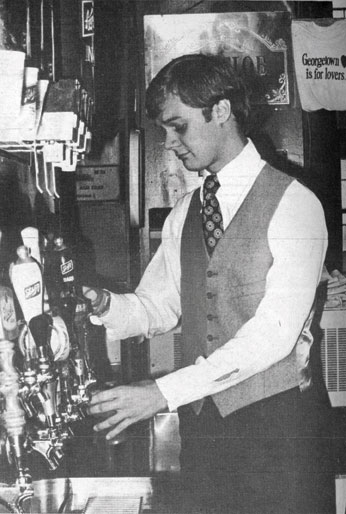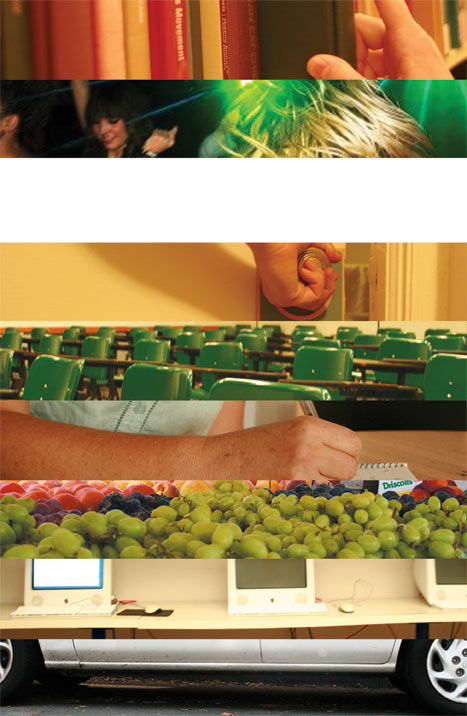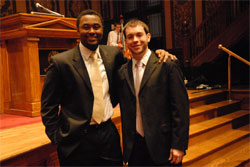Features
This spring, fashion goes back to basics with clean lines and bright, cheerful colors. Think Recession Rustic (never mind that the jacket costs $500)-it's the spirit of low-key simplicity that counts. Glitzy jewels and fussy florals are out, and playful, down-home ensembles are in. Get your inspiration from all-day breakfasts, petting farms, and good clean fun for a fresh-scrubbed look that's one part Lolita, two parts Punky Brewster. For him, basic denim gets a twist when overalls and cut-offs are accented with chunky hardware. Mix and match your favorites from last season for a fresh, playful mix. As for accessories, think workman's wear: those sturdy boots are great for muddy spring days. For her, pull-on dresses and one-pieces herald a return to kindergarten chic, and unlike previous seasons, there's no one silhouette. Structured pieces like blazers and belts balance flowing tops and are accented by splashes of color and bold accessories. Natural fabrics, like fresh cotton shirts or oh-so-supple leather jackets, reign. Sunny days may still be miles away, but bright colors pop even better against gray skies!
By
Sarah Harman
March 5, 2009







